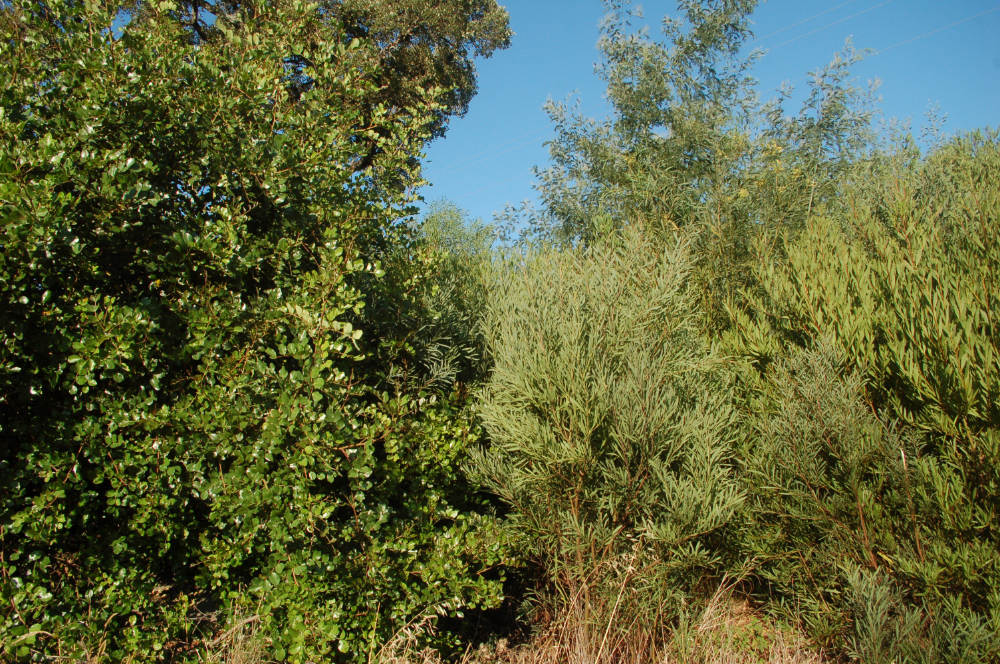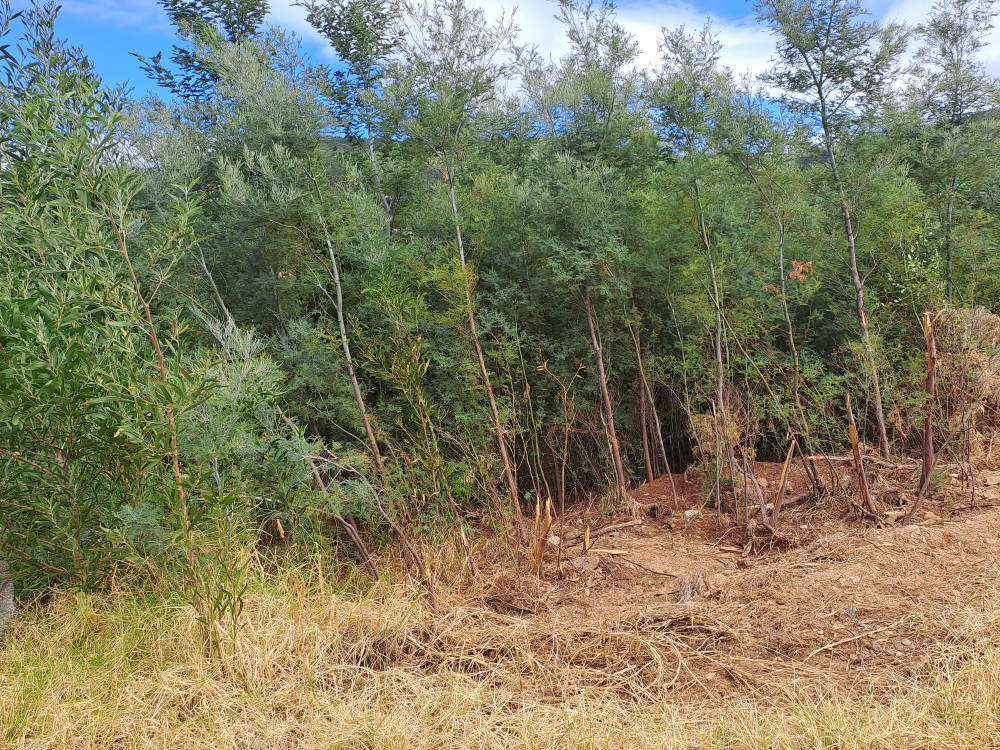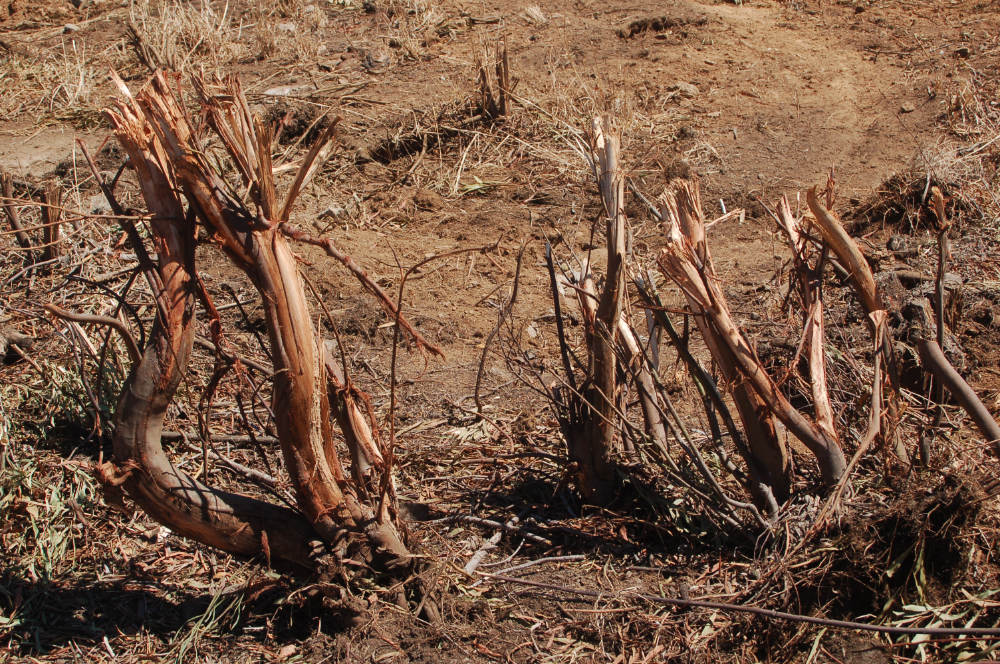Saturday 3rd August 2024.

I imagine a friend of mine is celebrating his birthday and invites his 20 best friends to his birthday party. He prepares a cold buffet and provides enough food and drink for 20 people: a few crates of beer, some bottles of good wine and, of course, non-alcoholic drinks. His birthday gradually draws nearer, and, on the evening of the party, he suddenly finds there are lots of people at his door: instead of his 20 friends, 500 people have turned up. He is overwhelmed. In a very short time, all the drinks are finished, and he is gobsmacked: ‘Where did these 480 people that I didn’t invite to my party come from? He has to end the birthday party early…
Incidentally, this same story could also be told in a completely different way, perhaps as the following piece of science-fiction: one Monday morning, three UFOs land in the middle of Avenida da Liberdade in Lisbon. Hundreds of aliens emerge from their spaceships and occupy all the cafés and restaurants within a radius of 500 metres. They eat and drink the pastéis de nata, soft drinks and coffee intended for the people of Lisbon. What is fiction and what is reality?
It gets even worse. I watch closely as more and more aliens emerge from their spaceships and they all begin to feel very thirsty in the heat of the Lisbon summer. The first cafés have already had to close because they’ve run out of drinks. In the meantime, the aliens help themselves to everything they can find.
How do you think this story will end? Will you help me to finish it?
Let’s get back to reality. The forest in Monchique burned in August 2018, when a neighbour of mine had only one acacia tree on his property. Now, six years later, there are over 500 acacias where previously there was just one single tree that burned. How did they get there? He didn’t plant them and the bed of the stream that used to flow through his property has now dried up. The fish are all dead, the two water turtles too, and the fire salamanders that used to waddle across the road like ducks when it rained haven’t been seen for a long time either.
I planted a young lime tree last winter. Why? Because lime trees are deciduous trees that are frugal in their use of water. I also plant cork-oaks or the Monchique oak, walnut trees and carob trees and so on. Planting and caring for native trees is a sustainable investment in the future. Many trees together make a diverse forest, which in turn provides shade and preserves the natural moisture in the soil with its root system. A healthy forest provides us humans with the air we need to breathe every day.
I can only encourage you to spend some time at the weekend taking a closer look at the slowly growing deciduous trees in our emerging botanical garden. The roots of the still young trees interact with each other and with the older trees. A 300-year-old cork-oak sends food to a young olive tree. This in turn grows in the shade of a neighbouring pine tree. The soil there is dry, but the olive tree thrives on the cork-oak’s food. Trees seem to be social beings. They help each other. In a good sense, they are just as people should be: the stronger ones help the weaker ones. And now, in every region of the earth, there are native tree species competing with the invading scavengers that humans have brought there, without even thinking twice about it…
Invaders only help their own species to grow. They are egotists and killers. Over the course of a year, their roots have slowly strangled an apricot tree that had previously been bearing fruit for many years: always between the 6th and 15th of June each year. That apricot tree has been history for a year now.
I visit the ICNF in Lagos and ask them how they have been informing people about the acacia and mimosa plague in Monchique and what solution they offer? The ICNF in Lagos informs me that they can’t tell me anything, referring me to the ICNF in Lisbon and its press office there. So, I speak to Rita Justo, the press officer in Lisbon, stating that I would like to enquire what advice the ICNF can offer our readers in Monchique: how should they deal with acacias and mimosas? Unfortunately, the ICNF’s answer is not very meaningful. Two sheets of A4 that are not even worth the paper the statement is printed on. I ask a second time and request them to stay on topic and provide area-specific answers about the situation in Monchique. ECO123 is still waiting for an answer from a state institution that is responsible for the forest in Portugal: it will finally published next week…
We need to get something going in Monchique; we need to organise ourselves and talk to each other about how we can get rid of the invading trees. Perhaps each of us should buy a pocketknife and strip the barks off the invaders. (www.invasoras.pt) This is the only way to preserve Monchique’s natural heritage with all its native tree species: chestnuts, cherry trees, walnut trees, cork-oaks and many olive and mulberry trees. The great fear is that the invaders will encounter ignorant people who have no idea how to deal with acacias and mimosas … and that they will attack them with the chainsaw, the excavator and the brush cutter… just like the company “Greenclon” from Rua Cruz D. Pedro s/n, 3060-215 Varziela, Cantanhede, who have been commissioned by the town hall in Monchique to deal with the problem.
 Eco123 Revista da Economia e Ecologia
Eco123 Revista da Economia e Ecologia





